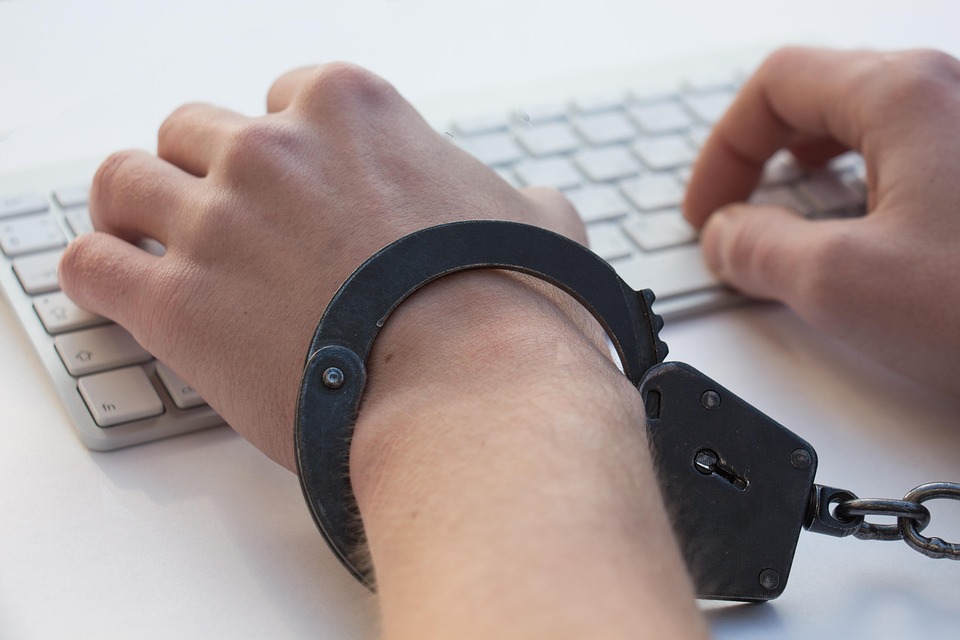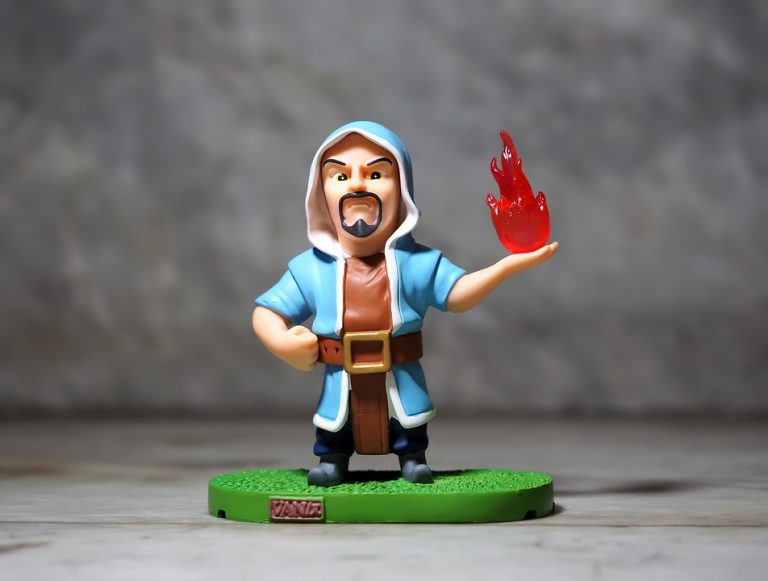Gaming has become a massive part of our lives, offering entertainment, community, and even a sense of achievement. But what happens when that fun turns into dependency? If you’ve ever thought, “I should really cut back on gaming but can’t seem to stop,” you’re not alone. In fact, studies show that gaming dependency affects millions worldwide. So, let’s dive into six actionable strategies to help you regain control and enjoy gaming in moderation.
Contents
1. Acknowledge the Problem
First things first: Denial is the enemy. Acknowledging that you have a gaming dependency is crucial. This isn’t just about playing a lot; it’s about how that gaming affects your life. Are your relationships suffering? Is your work or school performance declining?
Pros: Acknowledgment can serve as a powerful motivator for change. When you recognize the issue, you’re more likely to take steps to resolve it.
Cons: It can be tough to face the reality of your situation. You might feel guilt or shame, but remember—this is a first step toward improvement.
Personal Reflection
I once met a friend who was an avid gamer. He loved the thrill of online battles but found himself skipping work and neglecting friendships. It wasn’t until he had a heart-to-heart with a close friend that he realized he needed to change.
2. Set Clear Boundaries
Once you’ve acknowledged the issue, it’s time to set some boundaries. Decide how much time you want to allocate to gaming each week. Maybe it’s just a couple of evenings or weekends. Use tools like timers or apps that track your playtime.
Pros: Setting limits helps you regain control. You’ll find more time for other activities.
Cons: It requires discipline. Initially, you might feel an urge to break those boundaries, but stick with it.
Actionable Tip
Try the Pomodoro Technique: Play for 25 minutes, then take a 5-minute break. This can help you stay focused and aware of your gaming time.
3. Find Alternative Activities
When gaming fills your free time, it’s essential to replace it with other fulfilling activities. Explore hobbies like reading, exercising, or even learning a new skill.
Pros: Diversifying your activities can bring joy and fulfillment, reducing the allure of gaming.
Cons: You might struggle to find something that excites you as much as gaming does. It’s a process, so be patient.
Case Study: The Power of Diversification
A friend of mine decided to take up rock climbing after realizing her gaming habits were overshadowing her life. Initially, she struggled to find motivation, but as she climbed higher, she found a new passion that filled her time and gave her a sense of achievement.
4. Engage in Social Activities
Gaming can often lead to isolation, especially if you’re playing solo. Combat this by engaging in social activities. Join clubs, participate in community events, or even volunteer.
Pros: Social interactions can provide a sense of belonging that gaming might not satisfy. Plus, you’ll meet new people and make new friends.
Cons: It may feel uncomfortable at first, especially if you’re used to gaming alone.
Real Talk
Let’s be real—stepping out of your comfort zone can be intimidating. But think of it as leveling up in real life. The rewards can be greater than any virtual achievement.
5. Seek Professional Help
If you find that your gaming dependency is severely affecting your life, consider seeking help from a mental health professional. They can provide you with tailored strategies and support.
Pros: Professional guidance can offer insights you may not have considered and help you navigate your feelings.
Cons: There’s often a stigma around seeking help, but remember, it’s a sign of strength, not weakness.
The Importance of Support
In a study published in the Journal of Behavioral Addictions, researchers found that cognitive-behavioral therapy (CBT) was effective in treating gaming addiction. It helps individuals understand the underlying issues contributing to their dependency.
6. Reflect and Adjust
Finally, it’s essential to reflect on your progress and make adjustments as needed. Ask yourself: Are you still feeling the urge to game excessively? What’s working, and what isn’t?
Pros: Reflection can help you stay on track and make meaningful changes to your approach.
Cons: It requires honesty and self-evaluation, which can be uncomfortable.
Continuous Improvement
I’ve noticed that the journey to moderation is ongoing. Just like in gaming, where you level up, your strategies for overcoming dependency will evolve.
FAQs
Q1: How can I tell if I have a gaming dependency?
If gaming is interfering with your daily life, relationships, or responsibilities, you may have a dependency. Reflect on how you feel when you’re not gaming and whether you often lose track of time.
Q2: Can I still enjoy gaming without being dependent?
Absolutely! The key is moderation. Set limits, engage in other activities, and be aware of your gaming habits.
Q3: What are some signs that I should seek professional help?
If you feel unable to control your gaming habits despite wanting to, or if it’s leading to significant distress in your life, it may be time to consult a professional.
Q4: Is gaming addiction recognized as a mental health condition?
Yes, the World Health Organization (WHO) recognized gaming disorder in its International Classification of Diseases (ICD-11), emphasizing the potential for harmful effects.
Conclusion
Overcoming gaming dependency is not just about quitting cold turkey; it’s about finding balance. By acknowledging the problem, setting boundaries, and engaging in alternative activities, you can reclaim your time and mental space. Remember, it’s a journey, not a sprint.
As you navigate this path, keep in mind that it’s okay to seek help and rely on social support. The world outside the screen is vast and rich with experiences waiting for you. So, take a deep breath, step away from the controller, and explore what life has to offer.
References
-
World Health Organization. (2018). Gaming Disorder. Retrieved from WHO.
-
Kuss, D. J., & Griffiths, M. D. (2012). Internet Gaming Addiction: A Systematic Review of Empirical Research. International Journal of Mental Health and Addiction, 10(2), 278-296. Retrieved from Springer.
-
King, D. L., & Delfabbro, P. H. (2014). The Relationship of Adolescent Problem Gambling to Gaming and Internet Use. International Journal of Mental Health and Addiction, 12(6), 954-966. Retrieved from Springer.








